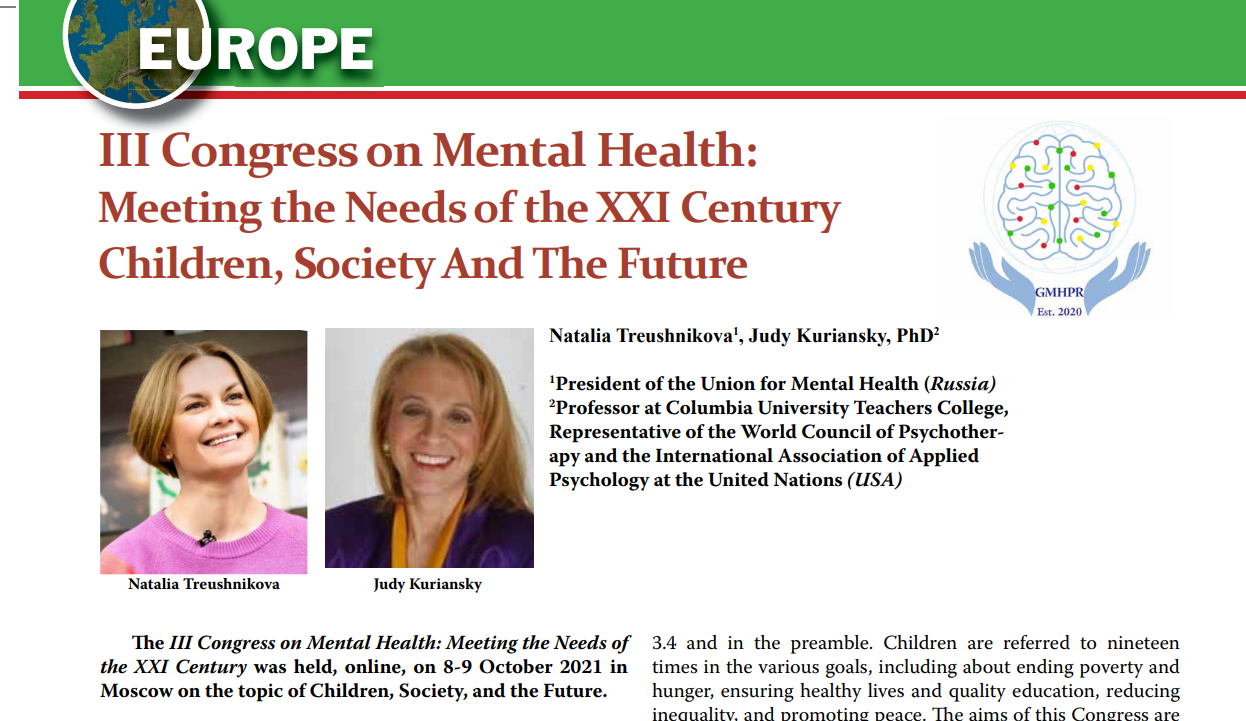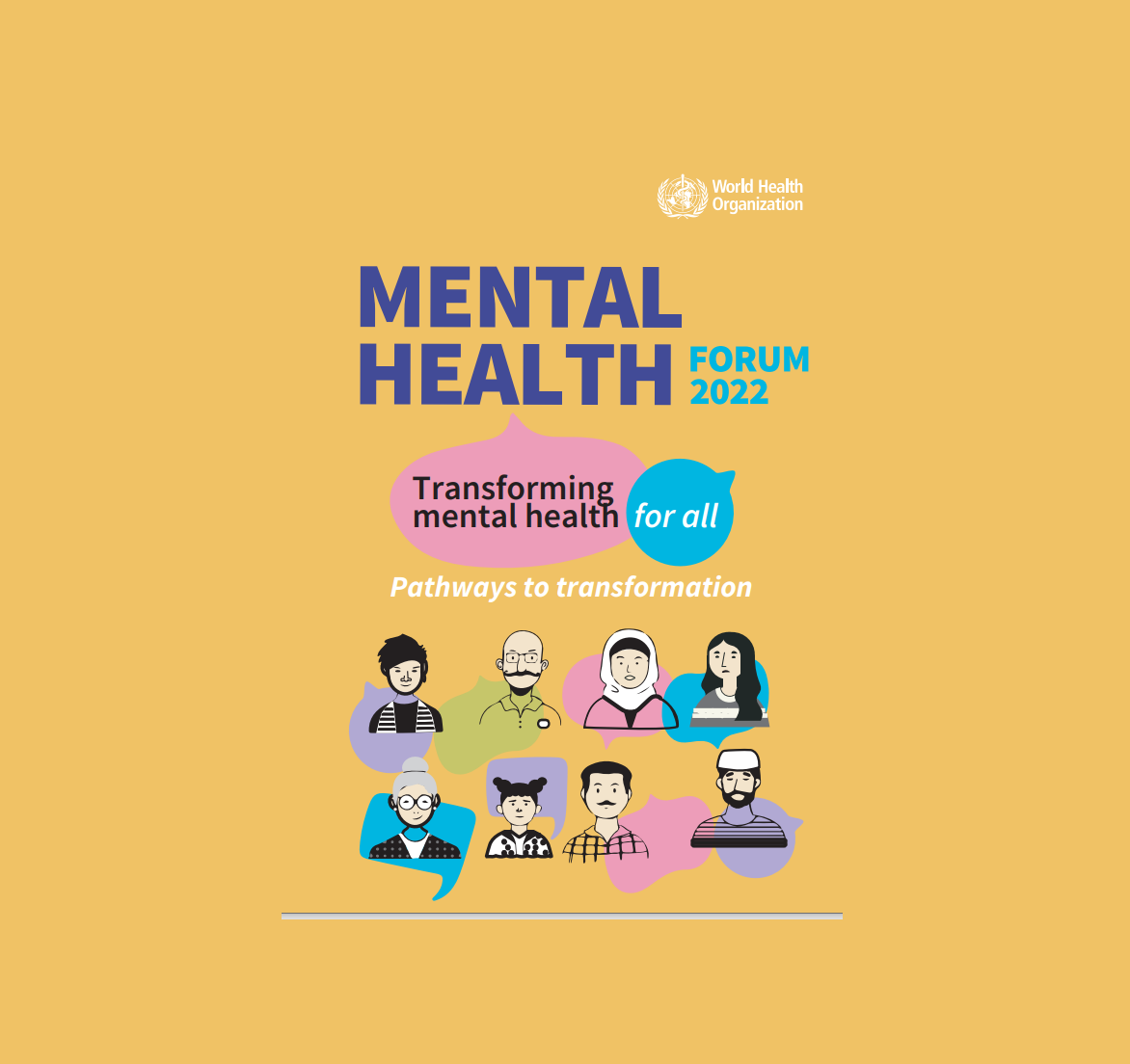Crucial changes needed to protect workers’ health while teleworking
Joint WHO/ILO
2 February 2022 Departmental news Geneva, Switzerland
The World Health Organization and the International Labour Organization have called for measures to be put in place to protect workers’ health while teleworking.
A new technical brief to healthy and safe teleworking, published by the two UN agencies, outlines the health benefits and risks of teleworking and the changes needed to accommodate the shift towards different forms of remote work arrangements brought on by the COVID-19 pandemic and the digital transformation of work.
Among the benefits, the report says, there can be improved work–life balance, opportunities for flexible working hours and physical activity, reduced traffic, and time spent commuting and a decrease in air pollution — all of which can improve physical and mental health and social wellbeing. Teleworking can also lead to higher productivity and lower operational costs for many companies.
However, the report warns that without proper planning and organization and without health and safety support, the impact of teleworking on the physical and mental health and social wellbeing of workers can be significant. It can lead to isolation, burnout, depression, home violence, musculoskeletal and other injuries, eye strain, increase in smoking and alcohol consumption, prolonged sitting and screen time and unhealthy weight gain.
The report outlines the roles that governments, employers, workers and health services at workplaces should play in promoting and protecting health and safety while teleworking.
Collaboration between workers and employers is essential to safe teleworking“The pandemic has led to a surge of teleworking, effectively changing the nature of work practically overnight for many workers”, said Dr Maria Neira, Director, Department of Environment, Climate Change and Health, World Health Organization. “In the nearly two years since the start of the pandemic, it’s become very clear that teleworking can as easily bring health benefits, and it can also have dire impact. Which way the pendulum swings depends entirely on whether governments, employers and workers work together and whether there are agile and inventive occupational health services to put in place policies and practices that benefit both workers and the work.”
Measures that should be put in place by employers include ensuring that workers receive adequate equipment to complete the tasks of the job; providing relevant information, guidelines and training to reduce the psychosocial and mental health impact of teleworking; training managers in effective risk management, distance leadership and workplace health promotion; and establishing the “right to disconnect” and sufficient rest days. Occupational health services should be enabled to provide ergonomic, mental health and psychosocial support to teleworkers using digital telehealth technologies, the report says.workers should receive adequate equipment to complete the tasks of the job
“Teleworking and particularly hybrid working are here to stay and will likely increase after the pandemic, as both companies and individuals alike have experienced its feasibility and benefits,” said Vera Paquete-Perdigão, Director of the ILO Governance and Tripartism Department. ‘As we move away from this ‘holding pattern’ to settle into a new normal, we have the opportunity to embed new supportive policies, practices and norms to ensure millions of teleworkers have healthy, happy, productive and decent work.”
The report offers practical recommendations for the organization of telework that meet the needs of both workers and organizations. These include discussing and developing individual teleworking work plans and clarifying priorities; being clear about timelines and expected results; agreeing on a common system to signal availability for work; and ensuring that managers and colleagues respect the system.
Enterprises with teleworkers should develop special programmes for teleworking combining measures for the management of work and performance with information and communication technologies and adequate equipment, and occupational health services for general health, ergonomic and psycho-social support. Informational source: WHO https://www.who.int/news/item/02-02-2022-crucial-changes-needed-to-protect-workers-health-while









